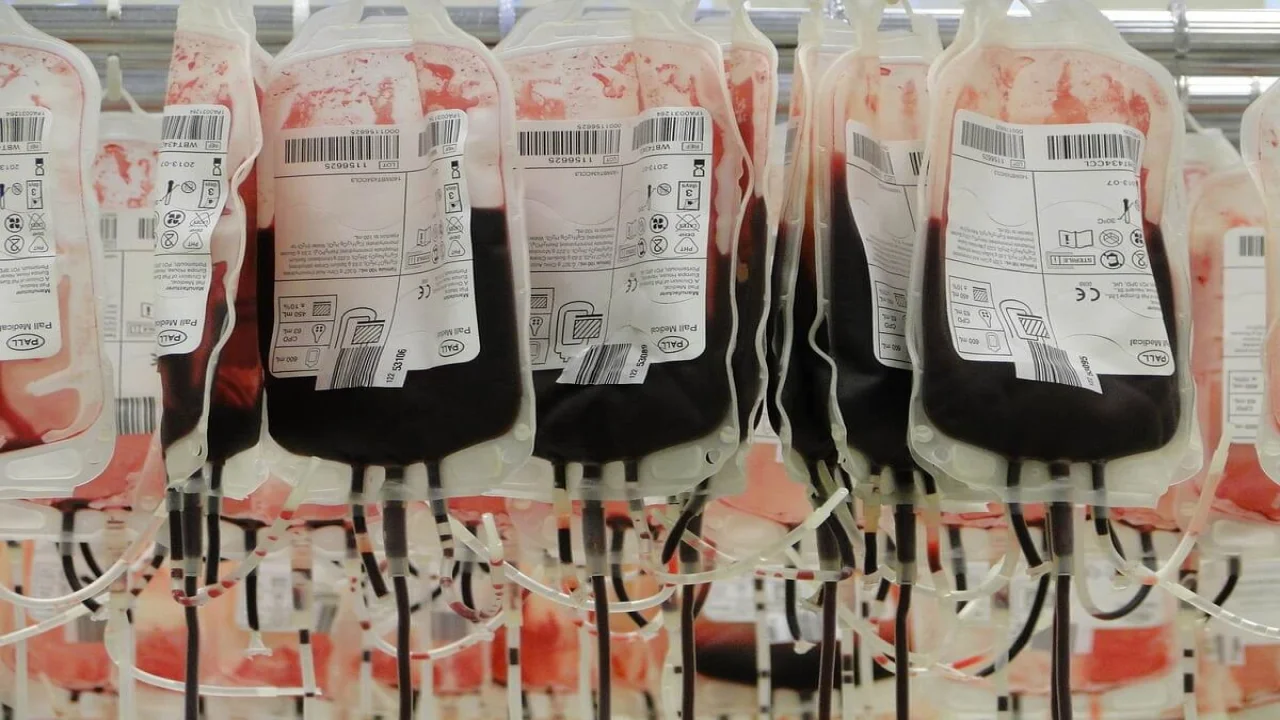Understanding the Jehovah's Witness Stance on Blood Transfusions: Alternatives and Implications
Discover why Jehovah's Witnesses refuse blood transfusions and explore effective alternatives to ensure safe medical care.

The Jehovah's Witnesses community is widely recognized for its firm stance against blood transfusions. This belief stems from their interpretation of Biblical scriptures, leading to the question: why can't Jehovah's Witnesses get blood transfusions? This article delves into the reasons behind this belief, explores the available blood transfusion alternatives for Jehovah's Witnesses, and examines the implications of these practices on medical treatment.
The Foundation of the Belief
The prohibition against blood transfusions among Jehovah's Witnesses is primarily based on their interpretation of specific Biblical passages. For instance, Acts 15:28-29 instructs believers to "abstain from blood." This scripture, among others, forms the foundation of the belief that consuming or receiving blood—whether through dietary means or medical procedures—is strictly forbidden.
Consequently, Jehovah's Witnesses hold firm to this principle, creating a unique healthcare challenge when they require medical treatment. This leads many to wonder, why Jehovah's Witnesses can't have blood transfusions despite the life-saving nature of such procedures.
Medical Implications and Challenges
When facing medical emergencies, healthcare providers often rely on blood transfusions to save lives. However, for Jehovah's Witnesses, this presents a significant dilemma. Their adherence to this doctrine means they must find acceptable alternatives to traditional blood transfusions.
The question arises: what are the alternatives for blood transfusions in Jehovah's Witnesses? Healthcare providers and patients alike must work collaboratively to explore viable options.
Alternatives for Blood Transfusions in Jehovah's Witnesses
Numerous medical advancements have been made to provide safe and effective alternatives to blood transfusions. Some of these options include:
- Volume Expanders: These are solutions that help maintain blood volume and pressure without the use of actual blood. Commonly used volume expanders include crystalloids and colloids, which can replace lost fluids and help stabilize patients.
- Erythropoietin: This hormone stimulates the bone marrow to produce more red blood cells, which can help prevent severe anemia. Administering erythropoietin before a scheduled surgery can boost red blood cell counts, reducing the need for transfusions.
- Cell Salvage Techniques: In certain surgical procedures, blood lost during surgery can be collected, processed, and reinfused back into the patient. This method allows for the safe return of the patient’s own blood, aligning with Jehovah's Witnesses' beliefs.
- Hypotensive Anesthesia: By lowering blood pressure during surgery, the body requires less blood, minimizing the likelihood of significant blood loss and the need for transfusions.
- Iron Supplements and Diet: Patients may also utilize iron supplementation and a diet rich in iron to support red blood cell production. This approach helps improve hemoglobin levels, reducing the necessity for transfusions.
These blood transfusion alternatives for Jehovah's Witnesses highlight the importance of preemptive planning in medical settings, ensuring that healthcare providers can effectively address the needs of patients who refuse blood transfusions.
The Ethical and Legal Dimensions
The refusal of blood transfusions by Jehovah's Witnesses raises ethical and legal questions for healthcare providers. In many cases, the patient's wishes must be respected, which can complicate emergency medical situations. Hospitals often work to establish protocols that honor the religious beliefs of Jehovah's Witnesses while ensuring the best possible care.
Healthcare providers must have discussions with patients about their beliefs and preferences. This dialogue fosters an understanding of the implications of refusing blood transfusions and the importance of identifying appropriate blood transfusion alternatives for Jehovah's Witnesses.
Jehovah's Witnesses' Advocacy for Autonomy in Healthcare
Jehovah's Witnesses advocate strongly for their right to make informed choices about their medical care. Their emphasis on autonomy reflects a broader trend in healthcare, where patient rights and informed consent are paramount. This perspective invites healthcare providers to engage in open conversations about treatment options, respecting religious convictions while ensuring patients receive the necessary care.
Conclusion: Respecting Beliefs While Providing Care
Understanding the reasons behind the Jehovah's Witness no blood transfusion doctrine is crucial for healthcare professionals. By respecting these beliefs and providing suitable blood transfusion alternatives for Jehovah's Witnesses, medical providers can offer compassionate and effective care.
In light of the challenges that arise when treating Jehovah's Witness patients, it is essential for healthcare teams to remain informed about alternatives to blood transfusions and to engage in open dialogue with patients about their treatment preferences. This approach not only fosters respect for individual beliefs but also enhances the overall quality of care provided to all patients.
As we navigate the complexities of modern healthcare, let us remember the importance of understanding diverse beliefs, enabling healthcare providers to offer care that honors patient values while maintaining a commitment to medical excellence.
The information on this page is peer reviewed by a qualified editorial review board member. Learn more about us and our editorial process.
Last reviewed on .
Article history
- Latest version
Reference(s)
- Bock, G. L.. Jehovah's Witnesses and Autonomy: Honouring the Refusal of Blood Transfusions. 2012, Journal of Medical Ethics, 38(11), 643–644. doi:10.1136/medethics-2012-100802
- Transfusion Replacement Strategies in Jehovah’s Witnesses and Others Who Decline Blood Products. Hematology & Oncology. This article covers medical strategies, such as the use of erythropoiesis-stimulating agents (ESAs) and antifibrinolytics like tranexamic acid, that are employed as alternatives to blood transfusion for patients who decline transfusions.
Cite this page:
- Posted by Dayyal Dungrela